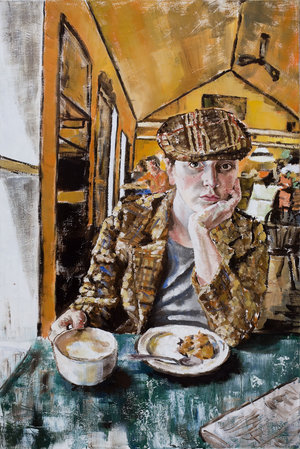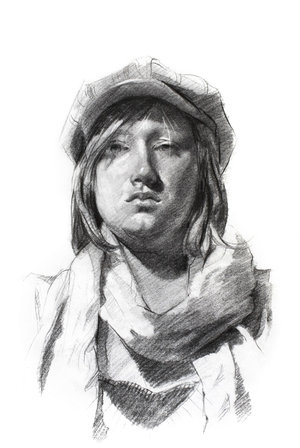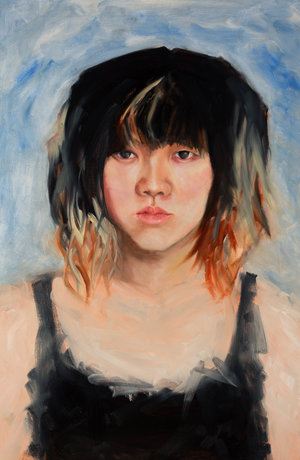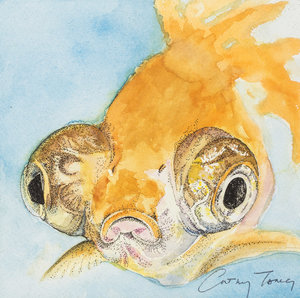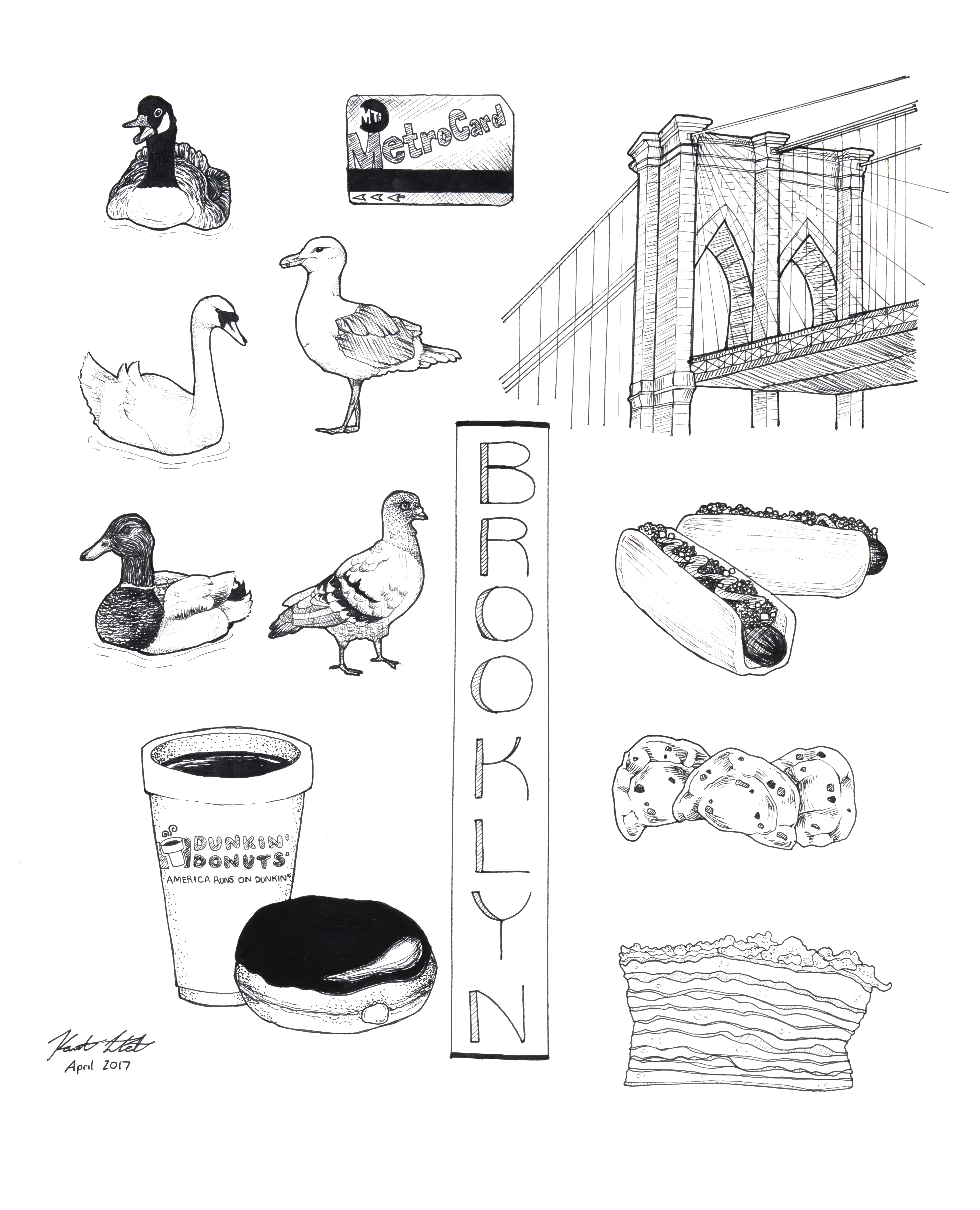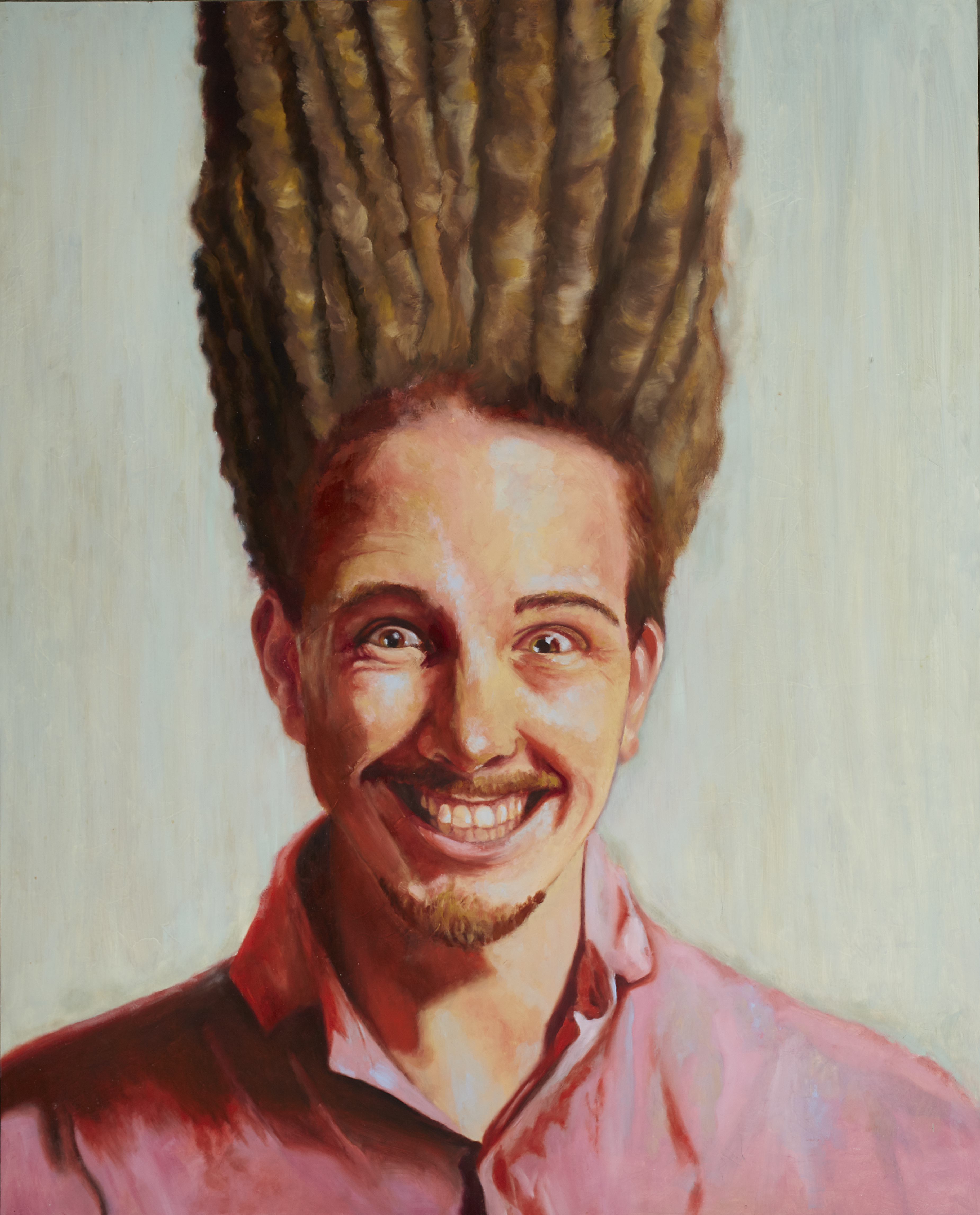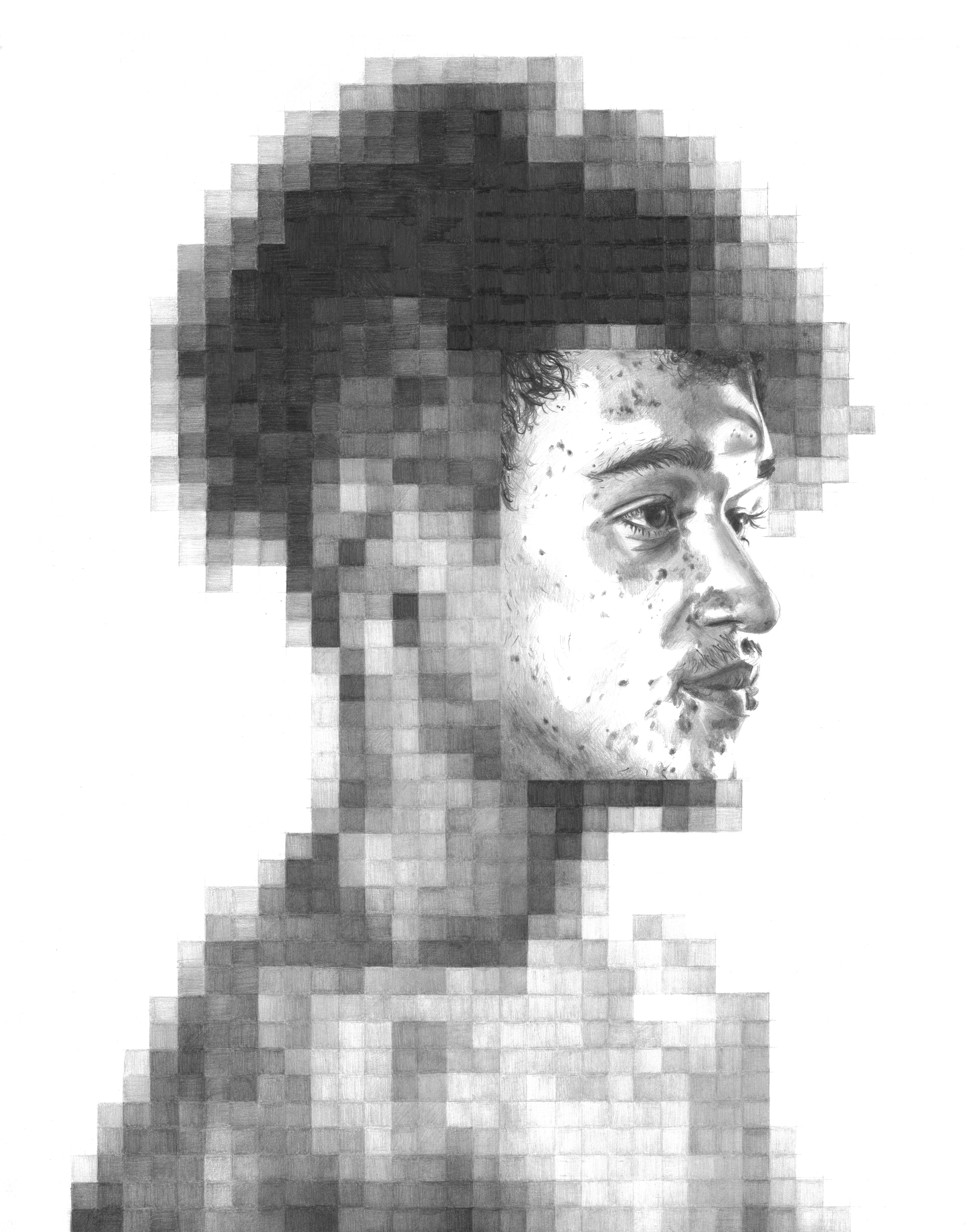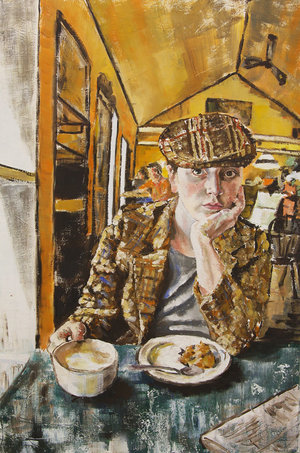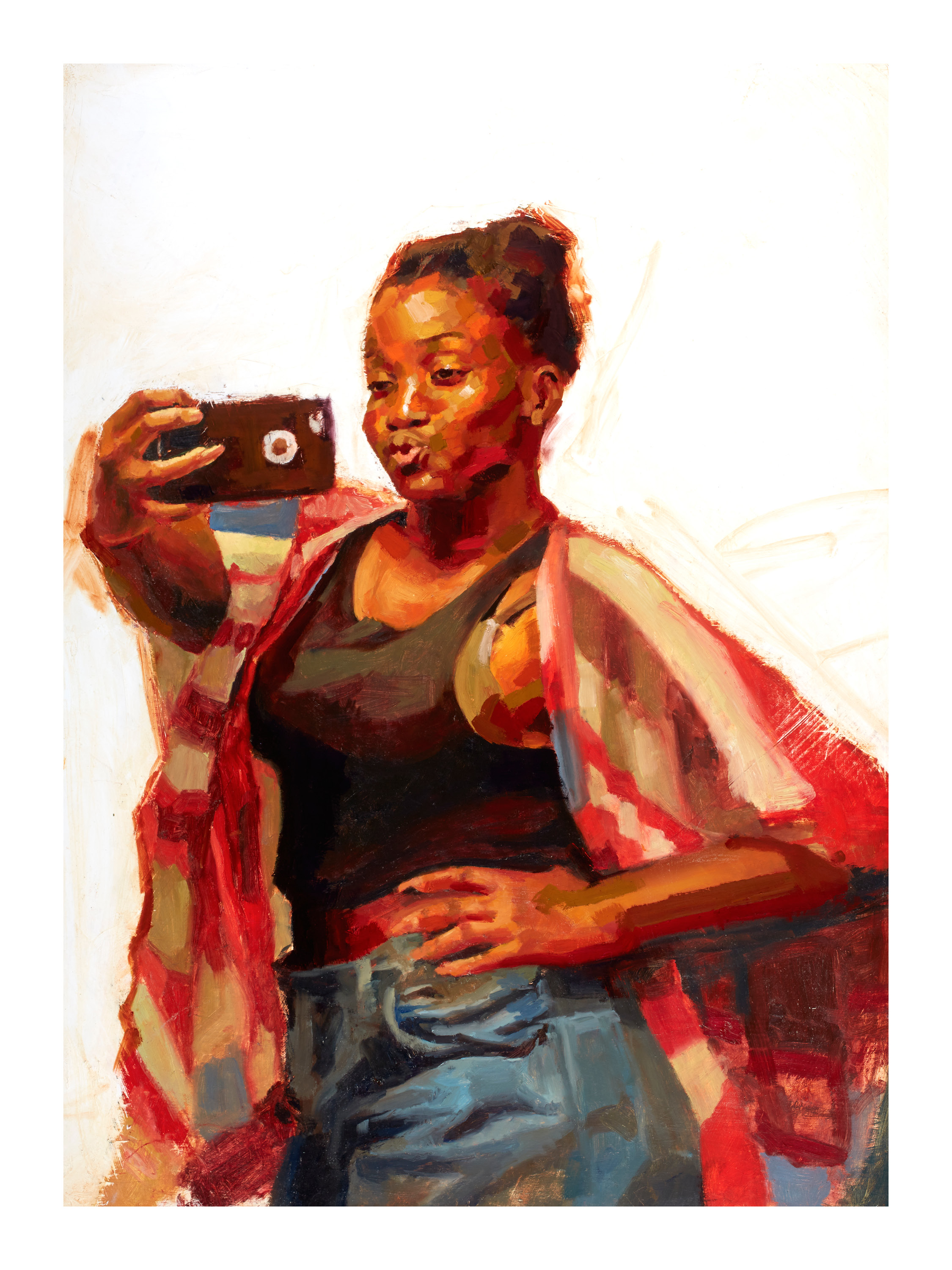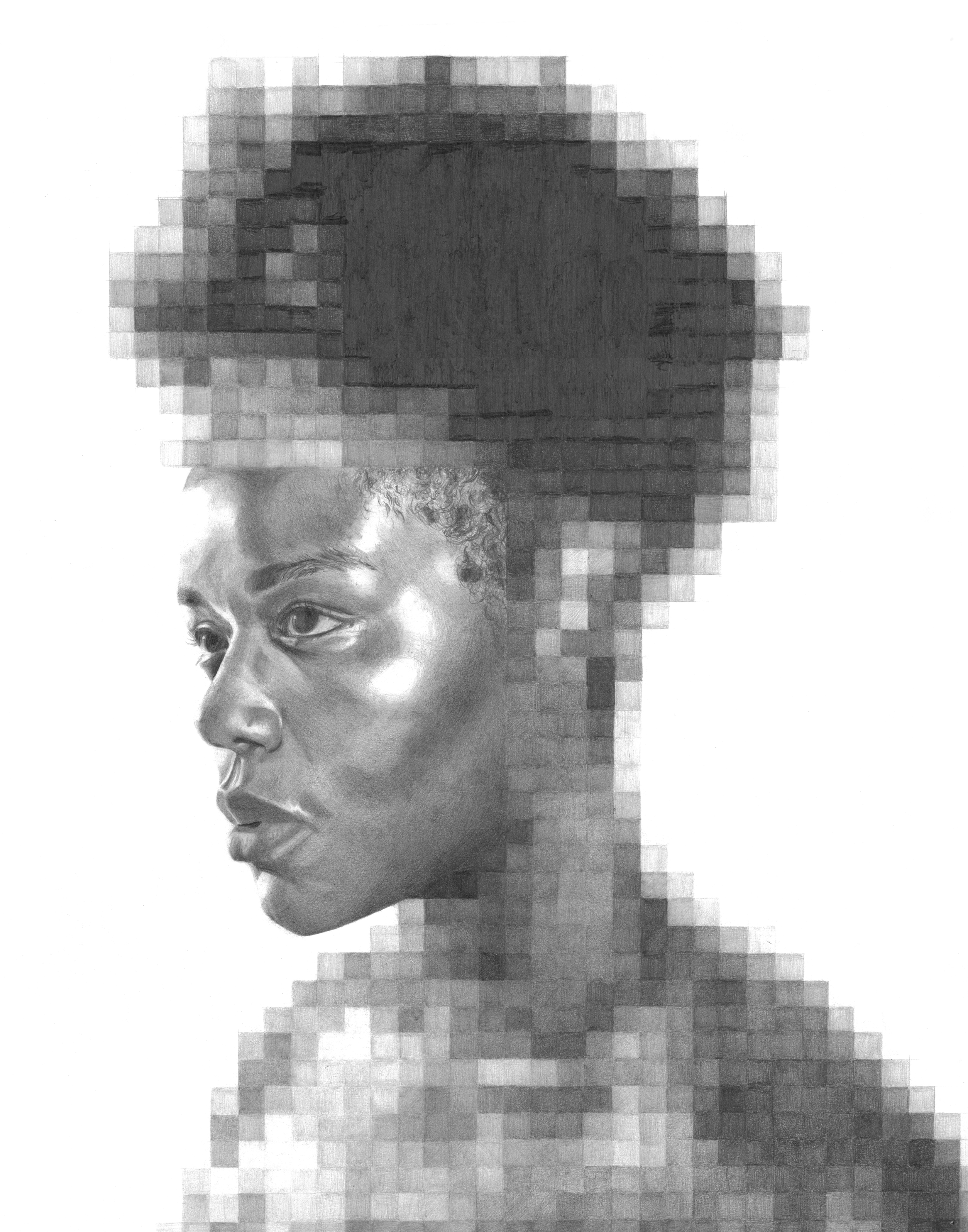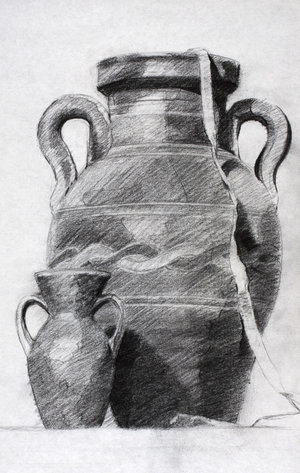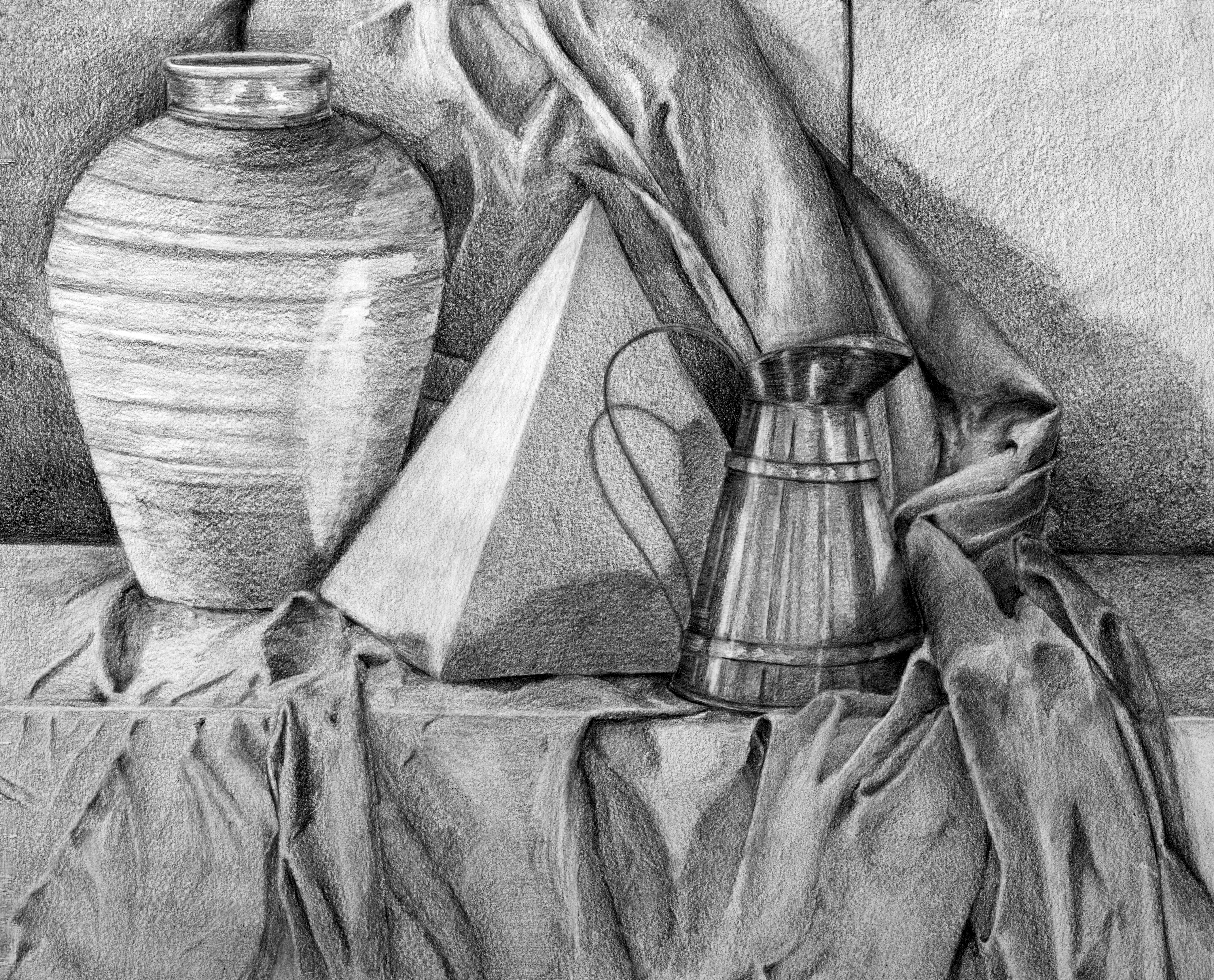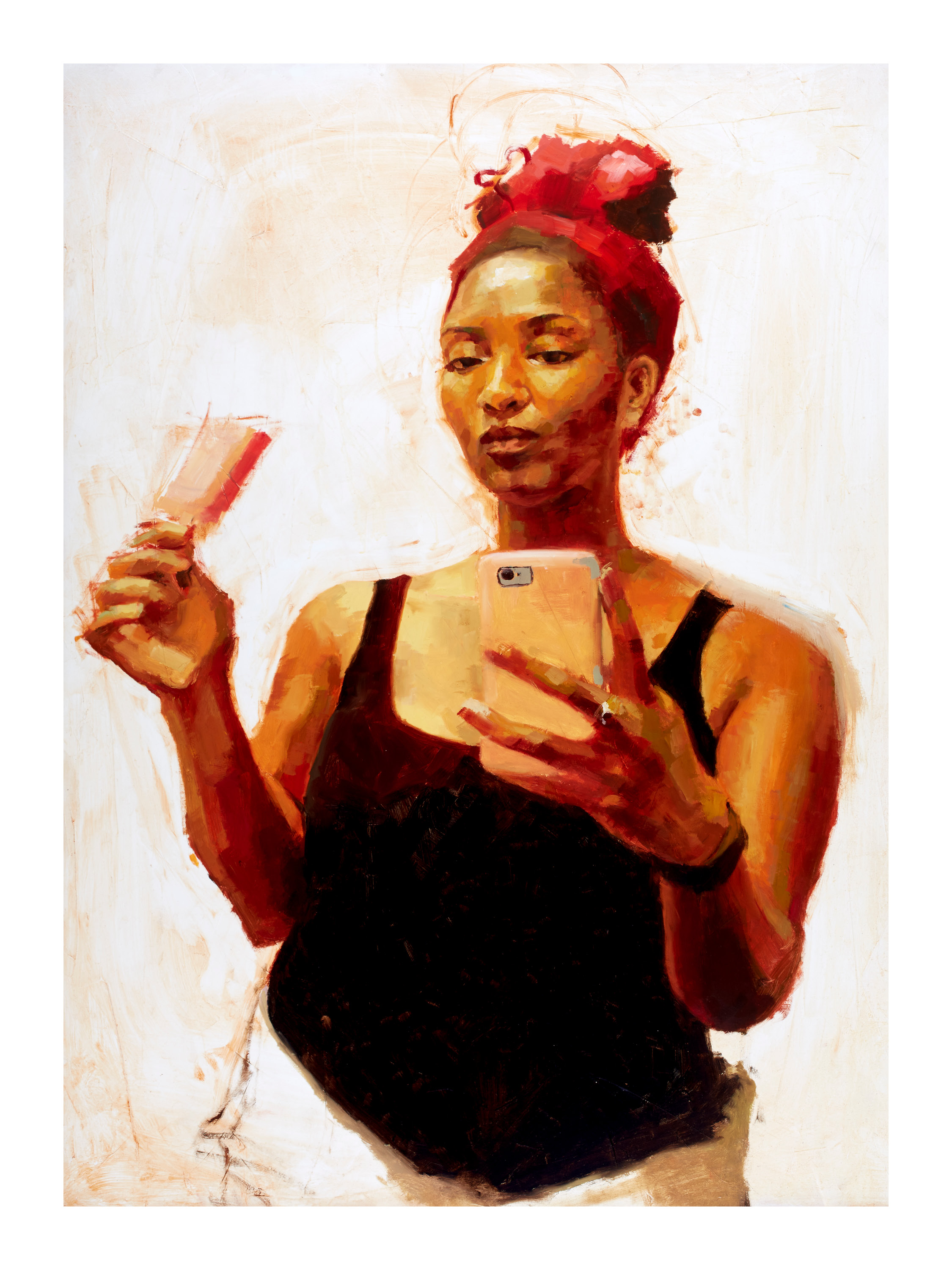Fine Art
The Department of Visual Art, Communication & Design offers two four-year programs resulting in a BFA (Bachelor of Fine Art) with a major in Fine Art or a Bachelor in Art.
The BFA program in Fine Art at Andrews University focuses on painting and drawing, providing specialized training in a broad array of historical mediums including oils, acrylic, watercolor, graphite, and pastel, as well as courses in ceramics, basic design, printmaking, photography, and color theory. The BFA student is guided to create thoughtful, intentional, personal work that results in a portfolio and BFA exhibition.
The Art BA directs students through a more open course of study that allows for additional layering of academic pathways, such as dual degrees or majors, pre-professional programs, or a major plus a minor. Students are able to choose from a wide array of elective options including art education, art therapy (Art BA plus a minor in psychology), design, photography, video and/or film, or to increase their focus in a particular area within the studio arts such as painting or ceramics.















